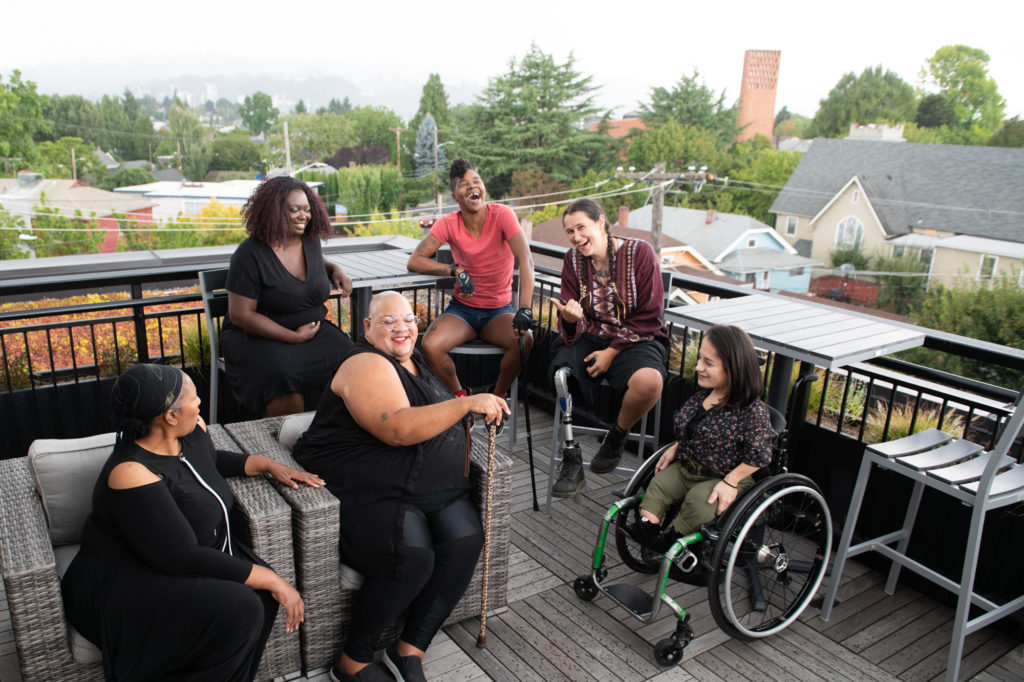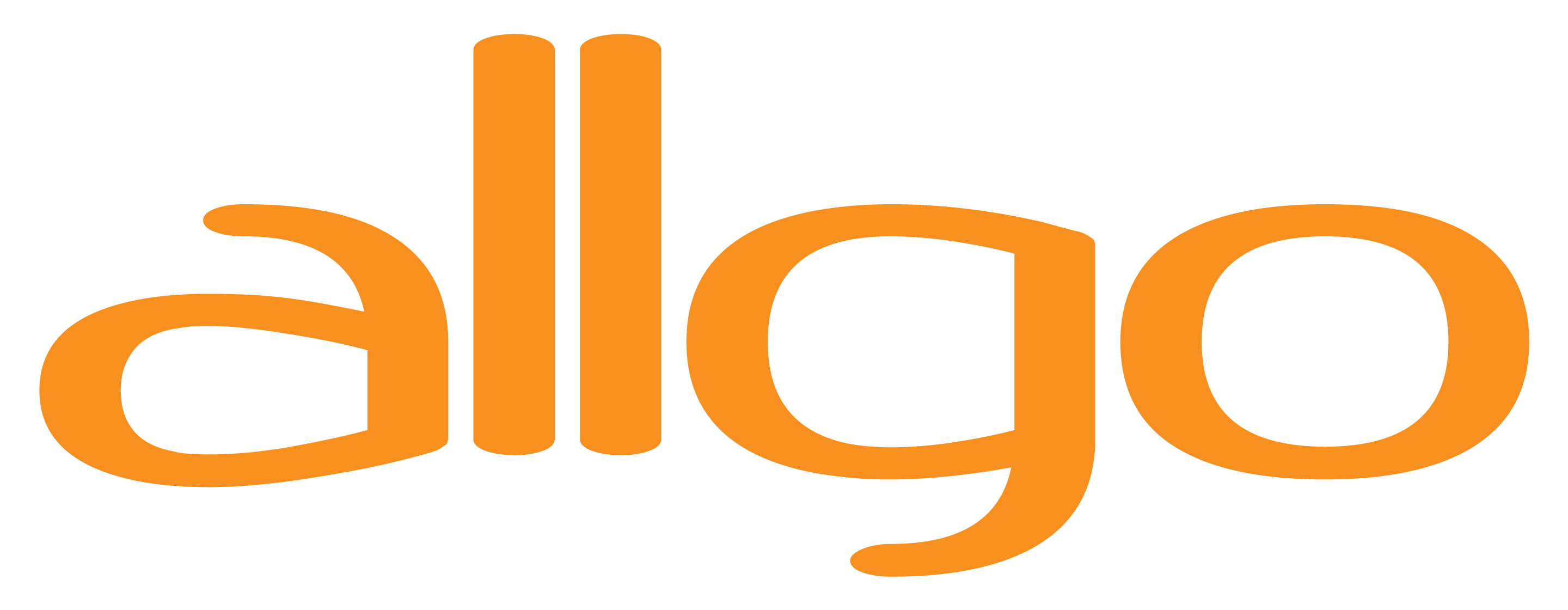
By Bryan Garcia (he/him/his)
We have all heard about self-care and its importance at one point or another in our lives. It is typically regarded as a wonderful and necessary tool that everyone can consider incorporating in their lives in some shape or form. There are many different ways that it can look since no one person’s needs are exactly the same as another. Self-care is defined as “the practice of taking an active role in protecting one’s own well-being and happiness, in particular during periods of stress.” Sounds pretty great, right? It can be. However, self-care is more of a deliberate action we make on our behalf. The idea of self-care has also become very mainstream and some would argue distorted. There must be a way we can go beyond self-care and into something more sustainable.
Self-care vs Community care
“Community Care” stems from the idea that while self-care is a great strategy and method for looking after ourselves, it can sometimes imply or assume too much. Solely relying on self-care puts us at risk for believing the narrative that we are responsible for taking care of/achieving/fostering/cultivating our well-being in order to be deserving of all our needs. Wellness and health are rights, not privileges. Things like our ability, income, energy/capacity, age, geographic location, etc are all quality of life determinants and can affect whether or not we have access to self-care as others.
Community care offers an alternative to self-care and invites us to come up with creative ways for people to get their needs met by working with others in community. This can be extremely helpful when a larger structural system like the government doesn’t provide or meet the needs of communities that then turn to mutual care to get the support they deserve. The community at hand then figures out ways to exchange skills and resources with one another. Everyone pools in their resources (emotional, financial, etc) and people can take what they need while being mindful so the same people are not providing all the care. So you might be able to meet the needs of someone in your community and have your needs met, as well. As queer people of color communities, we have long understood that our community is abundant and can provide.
However, community care does not come without its own flaws. It does make the one assumption that you have community. This is not a privilege that everyone has. Some folx are isolated or deal with social anxiety that makes it difficult to reach out or live in areas that are not affirming or welcoming and find it challenging to find others with who they share an identity with. And even in a time and age with access to technology to connect us with others who can provide support, it still may not be possible for everyone.
Nakita Valerio, an award-winning writer, researcher, and Muslim community organizer said it best when she said, “Shouting “self-care” at people who actually need “community care” is how we fail people.” Wow. When I hear that and read it back to myself, I can’t help but recall the many times I have been told to focus on my self-care or “up” my self-care game in order to get through extremely challenging moments in my life. This is just another clear example of how queer people of color are often told to rely on their “resilience” to cope with hardship or injustice. We are used to it so it shouldn’t be hard to overcome an Olympic obstacle course of hurt, right? Wrong. It is just an excuse or refusal for those in power to hold themselves accountable for their complicity in the structural systems set in place that created the exhausting circumstances in the first place.
While self-care can sustain us, community care can help us thrive. Collective healing has the power to address intergenerational wounds and trauma. So it requires a balancing act or striving towards a blended model of both. You could even go as far as to say that there is no self-care without community care.
What Happens When We Take Care of Each Other?
allgo engages in social justice efforts as a part of a coalition of community organizations and individuals known as Communities of Color United for Racial Justice (CCU). When the winter storm hit this past Spring, I saw folx rise to the challenge of uplifting those most directly impacted by the storm. Many were folx already so deeply devastated by the pandemic. People mobilized to provide clean drinking water to communities that had none. Hot meals, canned goods, diapers, and baby wipes were collected and distributed by coalition members. Mutual aid was raised to provide direct cash assistance to folx in desperate need. We stepped in where the city had failed to try and bridge the gap in support where we saw it was needed.
I have gained a huge sense of what collective healing and community care can look like through being a part of allgo and CCU. The above experience in particular opened my eyes to the compassion and action I want to see in the world and the hope to see it without being prompted by a statewide emergency disaster.
Let’s Ask Ourselves
What does it look like to have your needs met? What are those needs? What does a fulfilled you look like? Does that you now have even more energy and capacity to give back? What do gifts and talents do you think you might be able to offer? Are you able to not feel guilt when it is time to recharge and focus on yourself?
Being there for your community means letting others be there for you too. Communicate your needs openly and recognize the power of vulnerability. Which of your needs are you constantly putting on the back burner? Do you need support making that doctor or dentist appointment that you have been holding out on? When was the last time you gave yourself a whole day of nothing but rest? When was the last time you binged a good tv show? How about the last time you stood still and just listened to your breathing and feeling your chest rise and fall?
Join us on Thursday, August 26th from 6-7:30 PM CST as we reflect on what our needs are and how we might call on each other for mutual support and solidarity. This free online event is one of many this year around promoting the well-being and vitality of QPOC communities in Austin, TX. You can register here! For more information about this and other Health and Wellness events, send a message to wellness@allgo.org
So, what is your vision of Queer Community Care and what does collective healing look like for you? Let us know @allgoqpoc on Twitter, Facebook, and Instagram!


